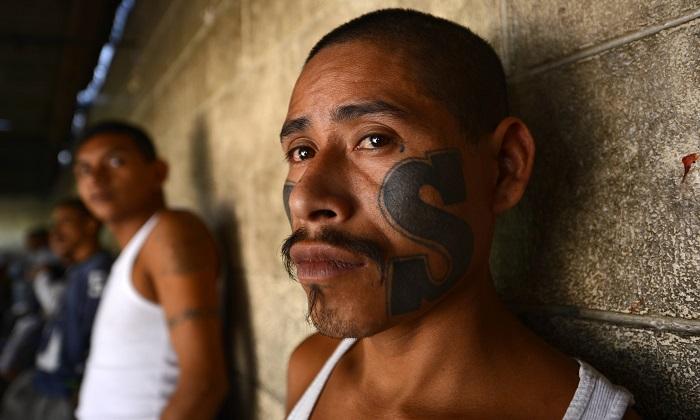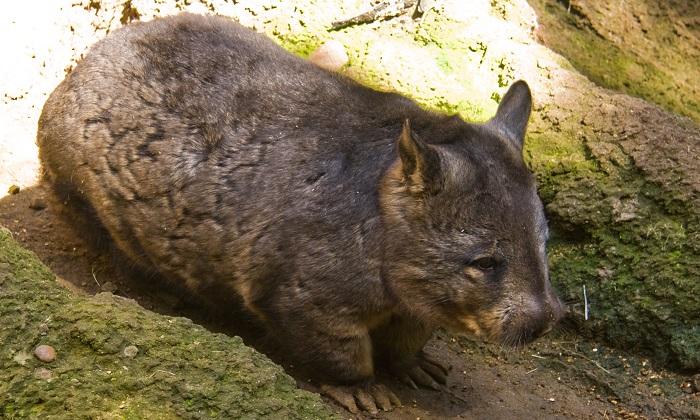Surviving Mao’s Great Famine
The famine was the result of The Great Leap Forward (1958—62), which were economic and social reforms that Mao Zedong said would propel China toward a socialist utopian future. Based on Chinese Communist Party archives, an estimated 45 million people died.
|Updated:



